News
See the full discussion on the findings of two research projects on the impact of AI on sustainability goals, aiming to equip developers with the knowledge that can help align the use of these technologies with sustainability. This video is a collaboration between STRATEGIES and the Sustainable Games Alliance. Find more industry videos over on their YouTube channel.
What happens when we treat games not as finished products, but as systems to be questioned, dismantled, and remade? A new STRATEGIES report authored by Dr Chloé Germaine and Dr Paul Wake explores game hacking as a powerful pedagogical method for developing critical literacy, sustainability awareness, and design competence.
Artificial intelligence is often discussed in relation to digital games, but its influence on analogue and hybrid play is growing just as quickly. A new report authored by Manchester Game Centre researchers for STRATEGIES offers the most detailed study so far of how AI is being used in board game design, development, and distribution—and what this means for sustainability.
Artificial intelligence is transforming game development — but its environmental and social impacts are still poorly understood. A new report authored by Manchester Game Centre researcher Dr Chloé Germaine, in collaboration with international partners in the STRATEGIES Horizon project, now offers one of the clearest and most comprehensive examinations of the relationship between AI and sustainability in the games industry to date.
Researchers from the University of Plymouth and the Manchester Game Centre, have secured funding for a 2026 workshop that will enable researchers and professionals to discuss the potential of games to help people with autism and other conditions.
Research into the specific positive effects of TTRPGs remains in its infancy. Despite some initial promising findings, we still lack clear explanations for the psychological mechanisms which may explain the ways in which TTRPGs improve well-being. At the Manchester Game Centre, we aim to turn these hypotheses into a strong evidence base to identify the psychological mechanisms behind the observed benefits. To do this, we compare TTRPGs with digital platforms and look at the factors which promote and inhibit well-being
Our PhD researcher Richard Rowlinson, whose doctorate examines the relationship between socio-economic and gender status on games and consumer behaviour, is looking for participants to take part in his research survey.
PhD Funding Opportunities in Game Studies
Manchester Metropolitan University’s Faculty of Arts and Humanities is home to the Doctoral Landscape Awards. This is a funding scheme that provides up to 3x studentships and fees each year.
Proposed projects must be arts and humanities-led, with the majority of methodologies, research questions and outputs (including the PhD) within the AHRC’s remit.
We invite applications from a range of doctoral pathways, including written theses and professional-practice doctorates.
The Make/Play symposium will occur in person at Abertay University in Dundee hosted by Abertay Game Lab and the Manchester Game Centre. Hybrid attendance will be supported. Our Call for Papers closes on 31st October. Find out more…..
We invite contributions to the inaugural Rituals of Play ‘Zine, to be published by the Manchester Game Centre and DVRK in December 2025.
Occulture as Method – using ritual, symbolic systems, and liminal experiences in game design and play.
Ethics and Responsibility – navigating appropriation, cultural respect, and emotional safety in occult and spiritual practices.
Gothic and Horror Aesthetics – how the uncanny, the abject, and the horrific shape player experience.
DIY, Indie, and Subcultural Practices – perspectives from outside the mainstream, sustaining alternative creative economies.
Speculative and Transformative Futures – ritual and play as tools to imagine different worlds.
Saturday 11th October saw us host our second annual research day dedicated to Games Workshop’s games and worlds at the International Anthony Burgess Foundation in Manchester.
We’re pleased to share this call for contributions on behalf of the research group based at the University of York, Play for the Planet.
Last November, Adinda van’t Klooster attended the Beyond Festival at MediaCity in Salford. Over three days, delegates explored how culture, innovation, and policy can shape the future of urban life.
The programme combined keynote talks, panels and workshops with two major showcases: the Immersive Futures Lab, where visitors experienced prototypes in XR, AR/VR, spatial audio and AI, and the first-ever Creative R&D Expo, spotlighting innovation across the creative industries. MediaCity itself became both venue and case study, with sessions reflecting on how Salford has grown into a global creative hub and what lessons other cities might draw.
On 12–13 June 2025, the Manchester Game Centre hosted Rituals of Play, a two-day symposium curated by the Dark Arts Research Kollective (DVRK) in partnership with the new Dark Play research cluster. The event brought together academics, indie creators, artists, and performers to explore how games and occulture intertwine through ritualized play, gothic and horror aesthetics, subcultural practices, and speculative design. You can now see the presentations over on our YouTube channel and contribute to a forthcoming ‘zine that will explore these ideas further…
We are pleased to announce the publication of a new research article by Manchester Game Centre directors Dr Chloé Germaine and Professor Paul Wake, ‘Curious Games: Game Making, Hacking and Jamming as Critical Practice.’
The past year has been one of growth, creativity, and collaboration for the Manchester Game Centre (MGC). Our 2024–25 Annual Report demonstrates the ways our researchers have been shaping the future of games research at Manchester Met and beyond.
We’re happy to report that The Journal of Pragmatics has published Frazer Heritage’s research on how transgender characters index their identities in videogames. Frazer’s paper uses data from the LGBT Video Game Archive to examine when in videogames characters tell the player (and other characters) that they are trans (and how this is done).
May and June have witnessed a flurry of historical game studies activities across the UK. Here’s a round-up of the events that our Centre lead for Games, History, and Heritage, Jenny Cromwell, has had the joy of participating in this Spring.
My workshop was billed as a world record attempt for the shortest game jam (there is a record for this, but Guiness told me that it was not administered by them). Essentially, I sat down four groups of four and five participants around piles of game pieces and printed out grids. After only five minutes of game chat I asked them to simply start playing. Miraculously, it worked! People were soon rolling dice, drawing boards, moving pieces around and talking intently. As a facilitator there was not much for me to do as I saw three of the groups games resolve out of the chaos, the laughter and banter got louder. …
Dr Adinda van ‘t Klooster received support from the Manchester Game Centre for her launch of the Emote VR Voicer project (2024–2027) and closing event of the Singing Graphics in VR exhibition at the Holden Gallery. People booked in to experience one of two VR artworks (VRoar or the AudioVirtualizer) and filled in a questionnaire before and after. This helped to assess if there was any change in positive or negative emotion as a result from the artwork. The data is now being analysed and submitted for publication by the project team. The main findings were that positive emotion significantly increased for singers experiencing VRoar and for non-singers experiencing the AudioVirtualizer.
There are no easy answers for to how to “green” board games but STRATEGIES researchers from Manchester Game Centre teamed up with the Green Games Guide, as well as with designers from independent studios and Asmodee, to explore how the industry is grappling with important dilemmas.
We discussed the strategies that are already being used to reduce the impact of board games on the planet, and also highlighted areas where more research, knowledge and action is needed.
Watch the video here.
We are happy to announce the opening of the Game in Lab 2025 international call for projects, which will be accepting submissions until September 15th.
Game in Lab invite research teams all around the world to submit their proposals about board games. All areas are welcome, whether social sciences, psychology, linguistics, arts, or any other.
The Green Gaming seminar is a cooperative adventure developed in collaboration with the Game Studies Research Centre (Poland), the Manchester Game Centre (UK), Cologne Game Lab (Germany) and the Centre for Excellence in Game Studies (Finland). The event will take place over a month, and explore ideas at the crossroads of game studies, environmental sciences, and ecomedia research.
We are pleased to announce that our second annual Games Workshop Research Day is taking place on Saturday 11th October 2025!
For its second outing the event will run all day from 9:30 until 20:30 and has three parts. The morning will be dedicated to talks about Games Workshop’s games, the afternoon will be a ‘playable exhibition’ in which we pair gaming with presentations, and the day will conclude with a social evening of sporting mayhem as we come together to watch Blood Bowl played live.
In April 2025, Dr Satish Shehorak organised the first international diverse games festival at Manchester Metropolitan’s School of Digital Arts. Satish is a Senior Lecturer in SODA and Programme Leader for MA Games Art. He also researches the inclusivity and diversity in video game representation, working with UKIE to collect longitudinal data on this issue. Satish’s research is part of the MGC’s Narrative and Representation research theme.
DVRS hosted two days of talks and a networking event showcasing diverse speakers and topics across games development as well as animation and film. Working in collboration with PoC in Play, UKIE, Gameopolis and the Liverpool Game Dev Network, the festival engaged over 80 attendees in person and 500 online with speakers and presenters Shifally Rattan, Senior Character Artist at Infinity Ward, Harvey Newman, Game Director and Animation Specialist, founder of Proxima Studio, Helen Kaur, UI Art Director at Hundred Star Games, Darshana Jayemanne, Reader in Digital Cultures at Abertay University and others.
On April 30th 2025, the Utrecht Gamelab and the Manchester Game Centre at Manchester Metropolitan University collaborated on a first-of-its-kind hybrid three-hour co-design workshop, building on the work of Chloe Germaine and Paul Wake on ‘game hacking’ and the ‘franchise hacking’ technique developed by the Utrecht Game Lab on the basis of Germaine and Wake’s earlier work to experiment with re-designing Magic: The Gathering (MTG) as a medium for climate education.
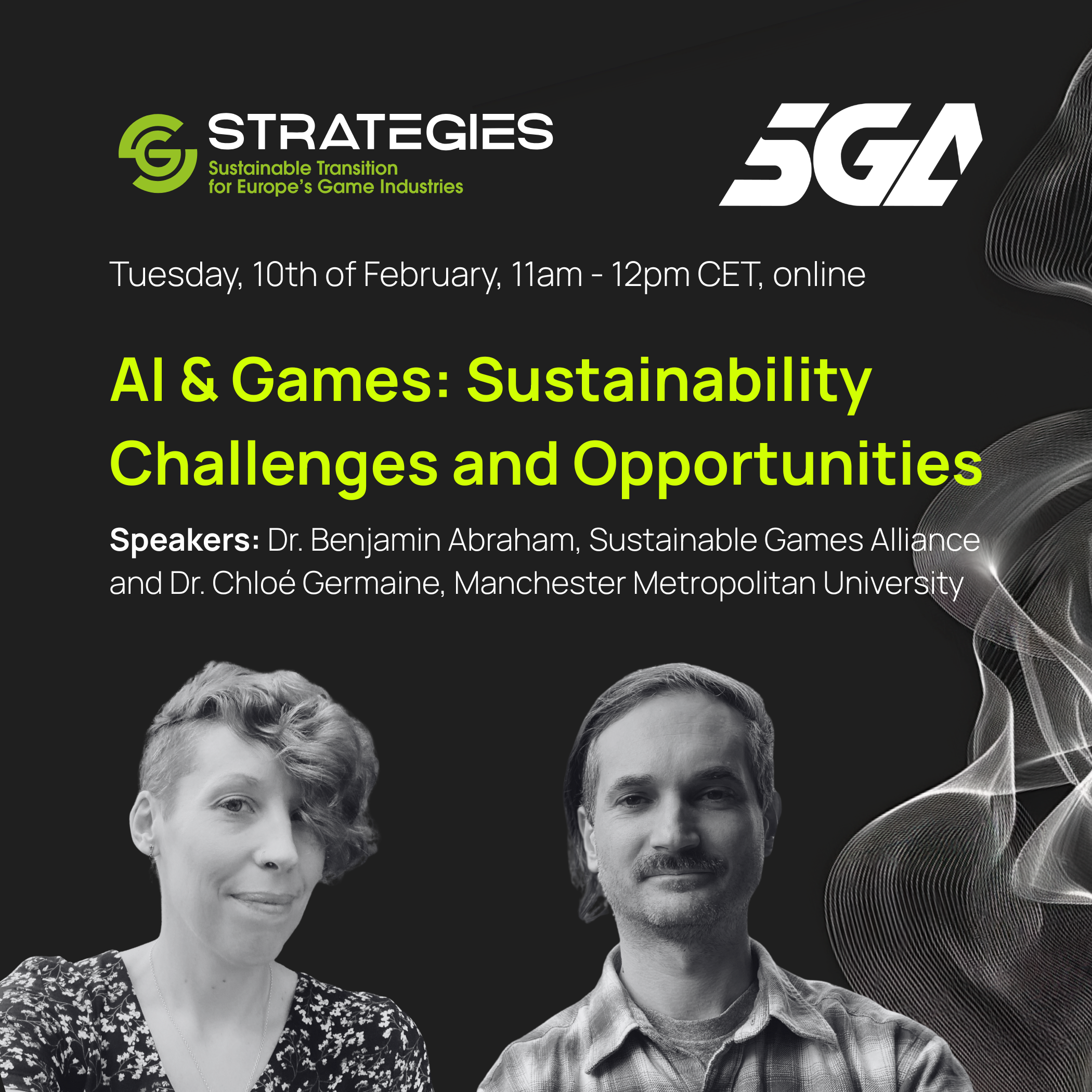
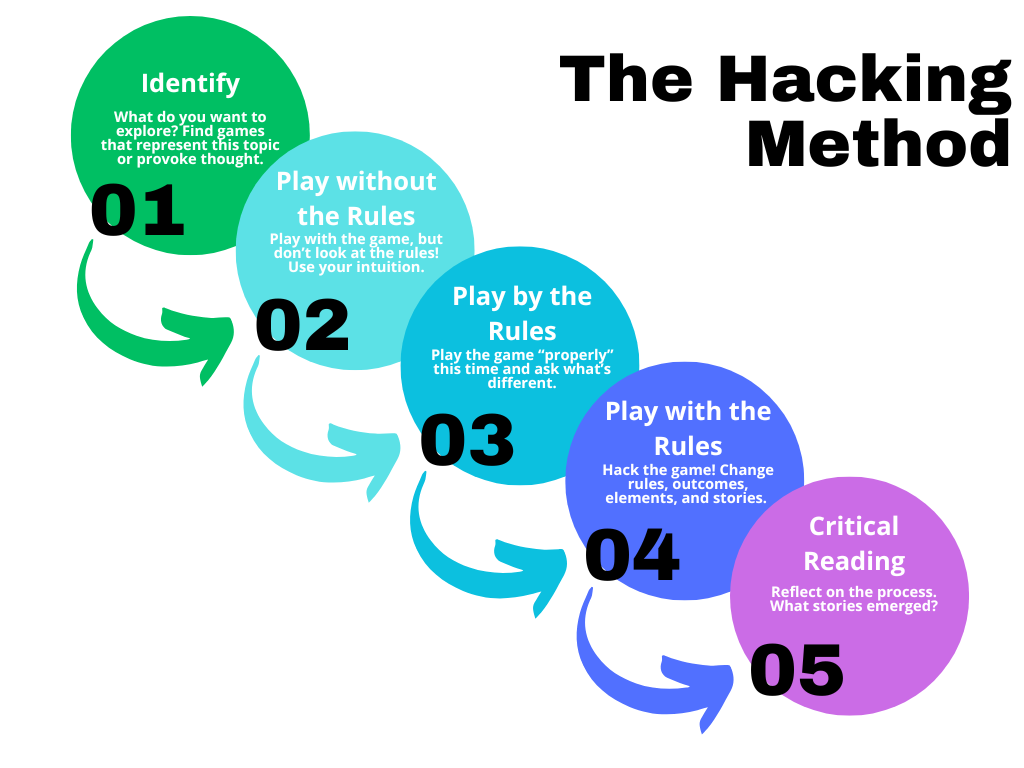

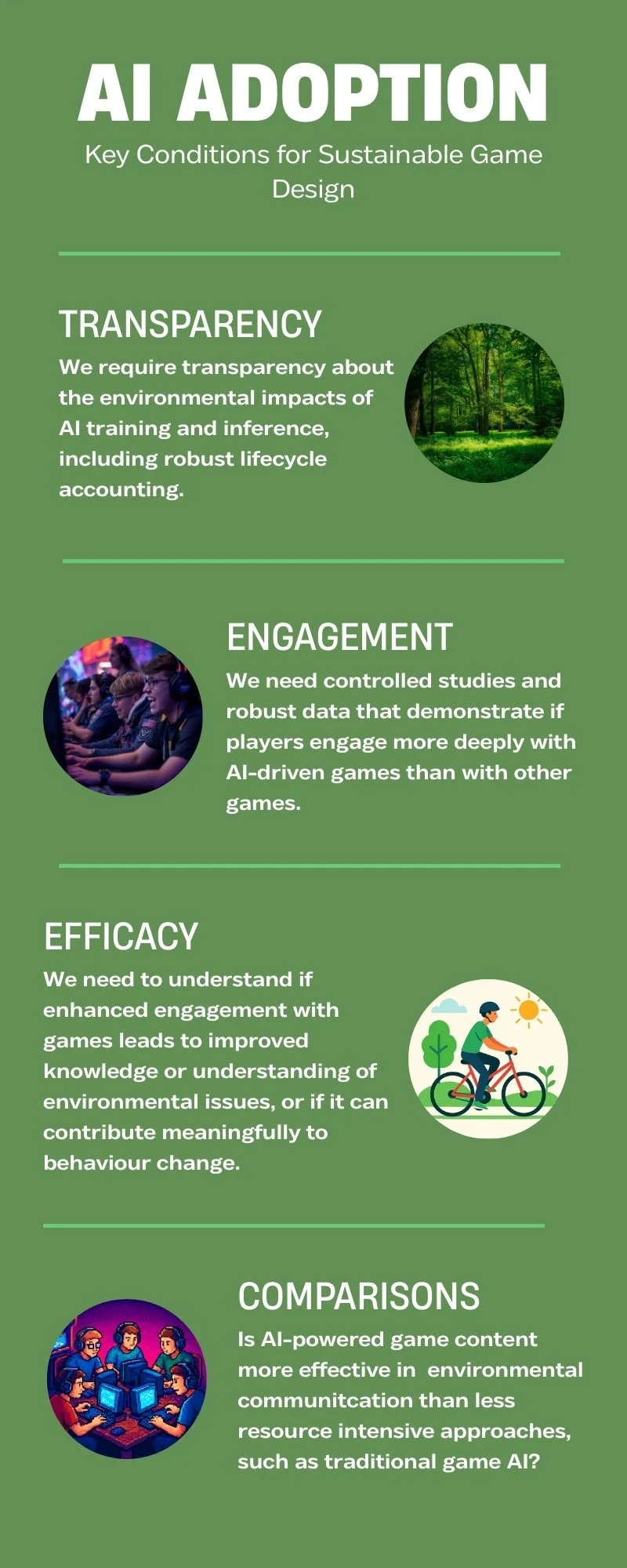
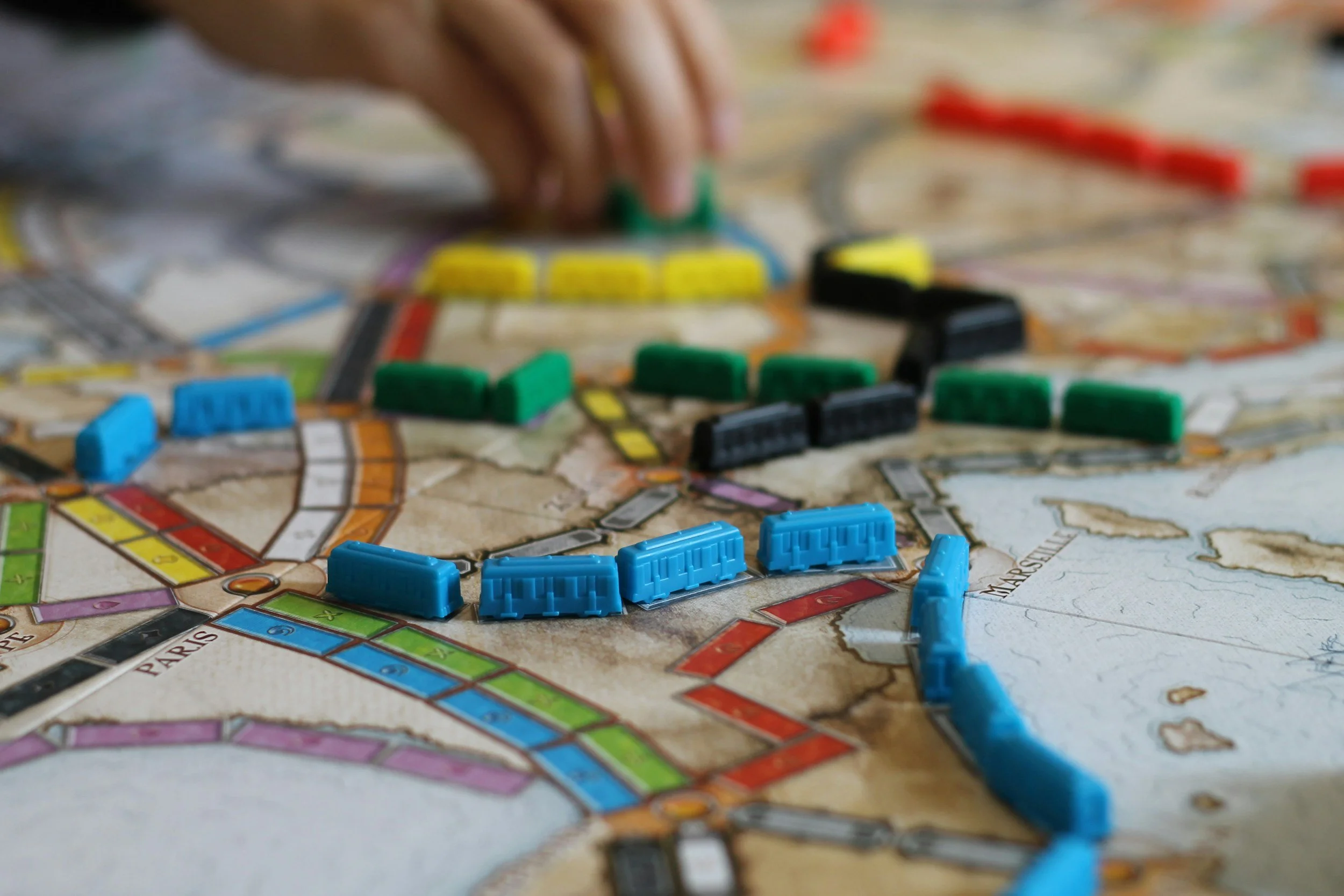
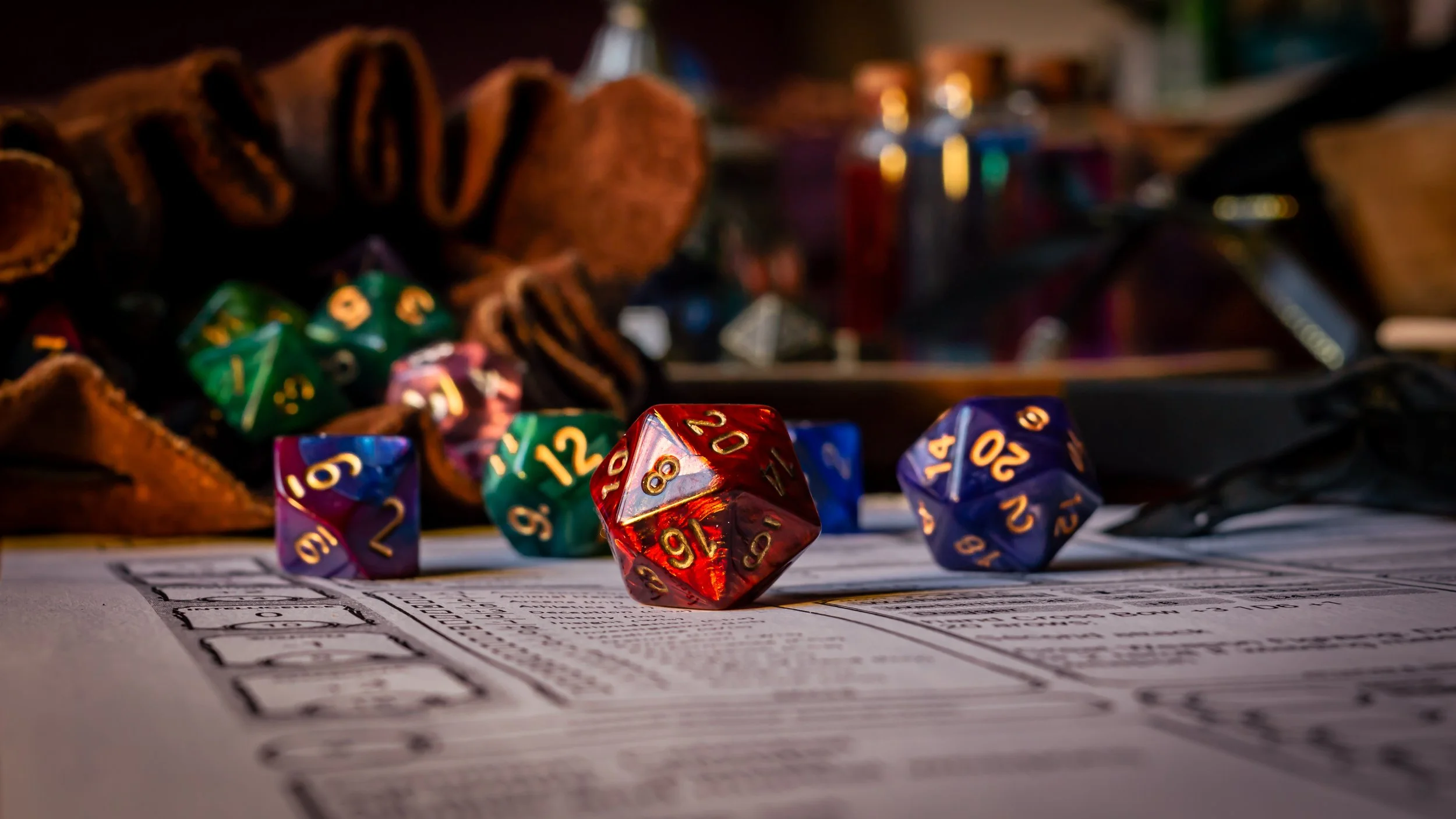



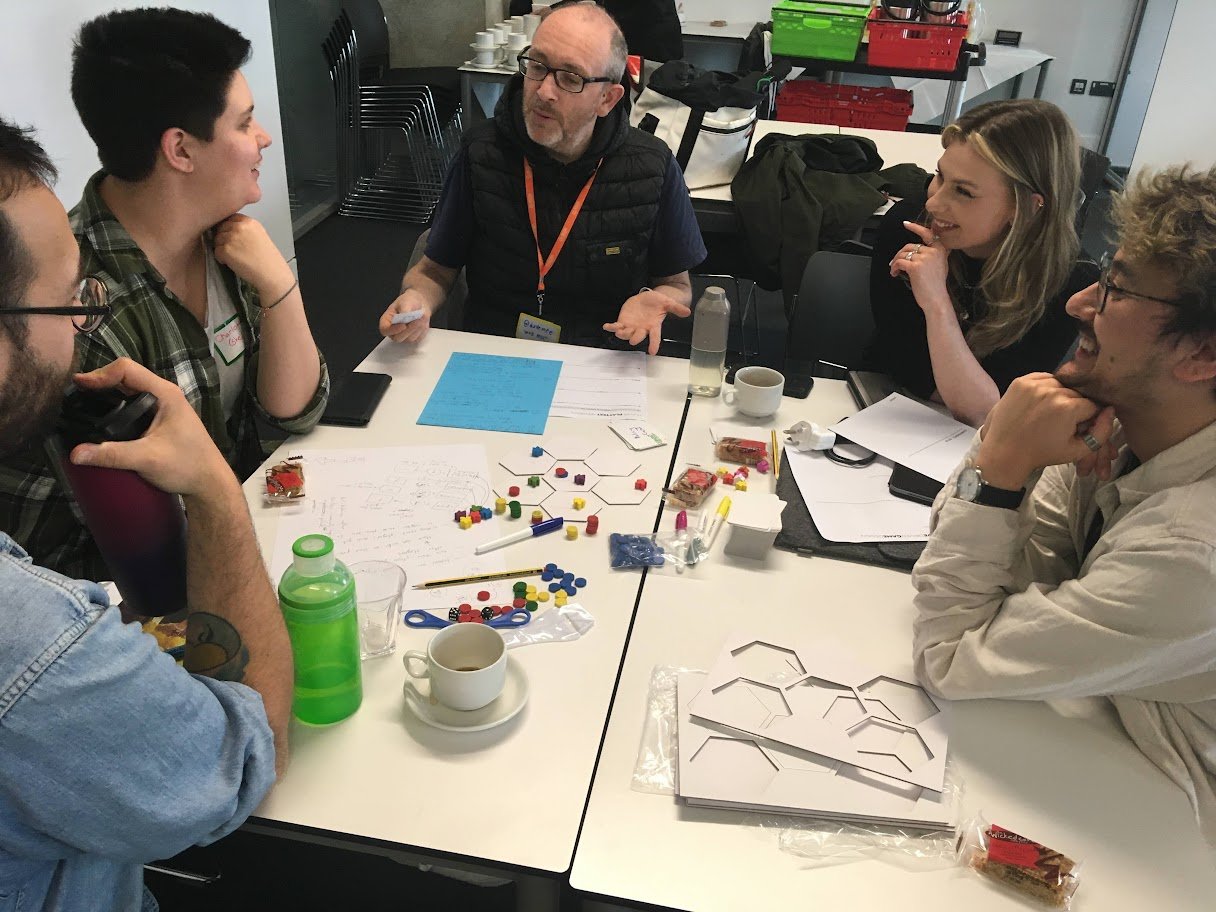
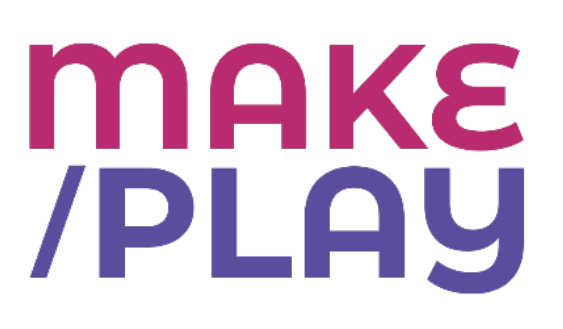

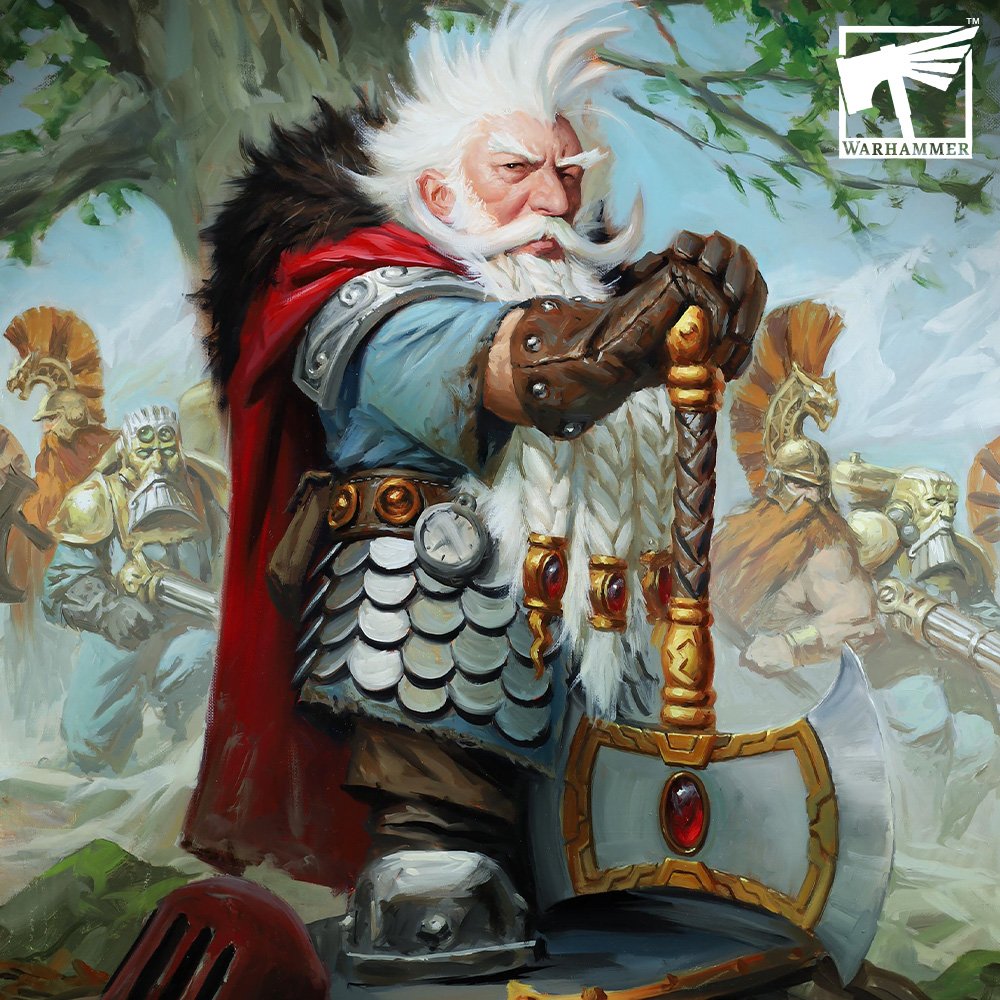

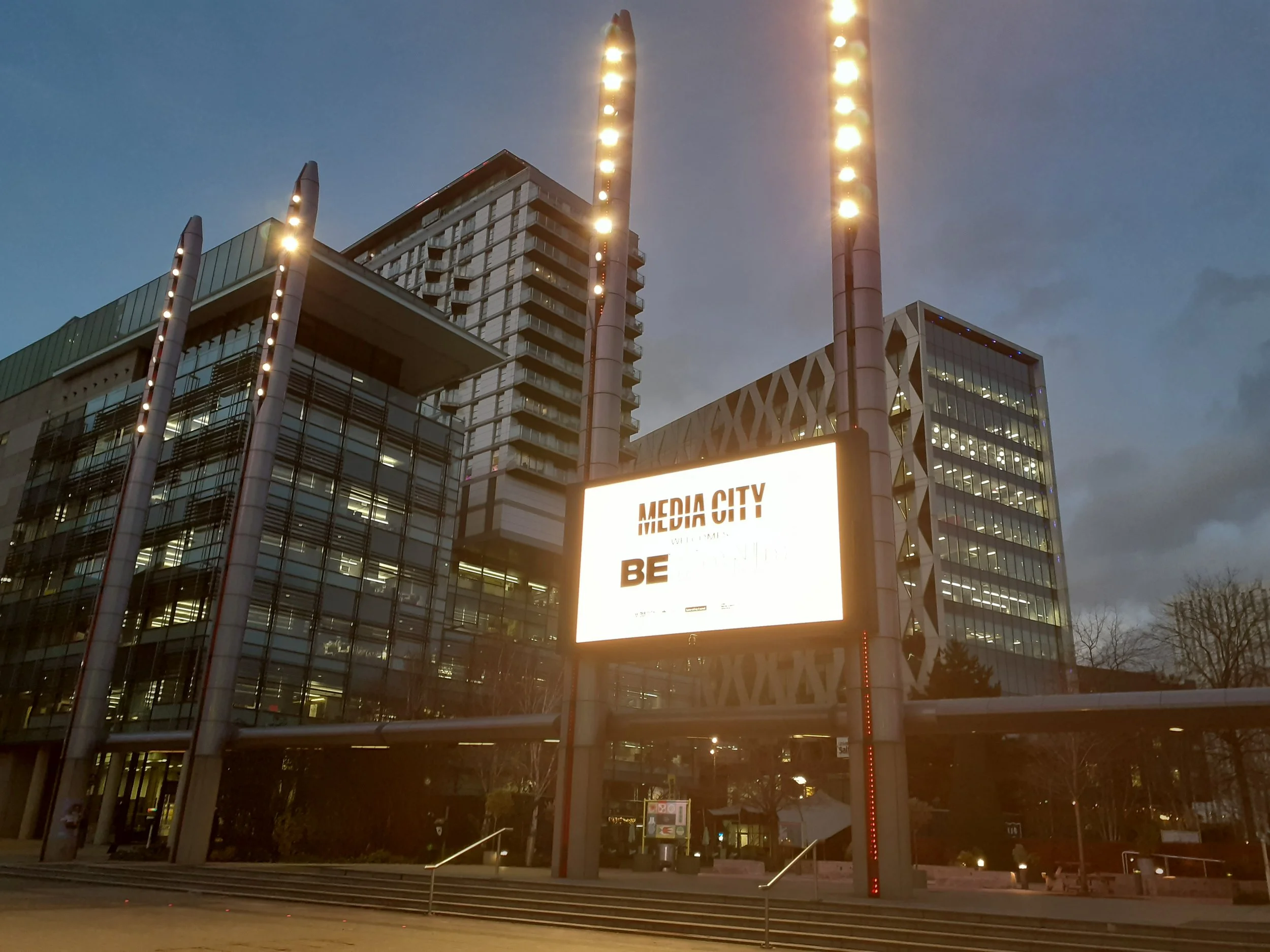







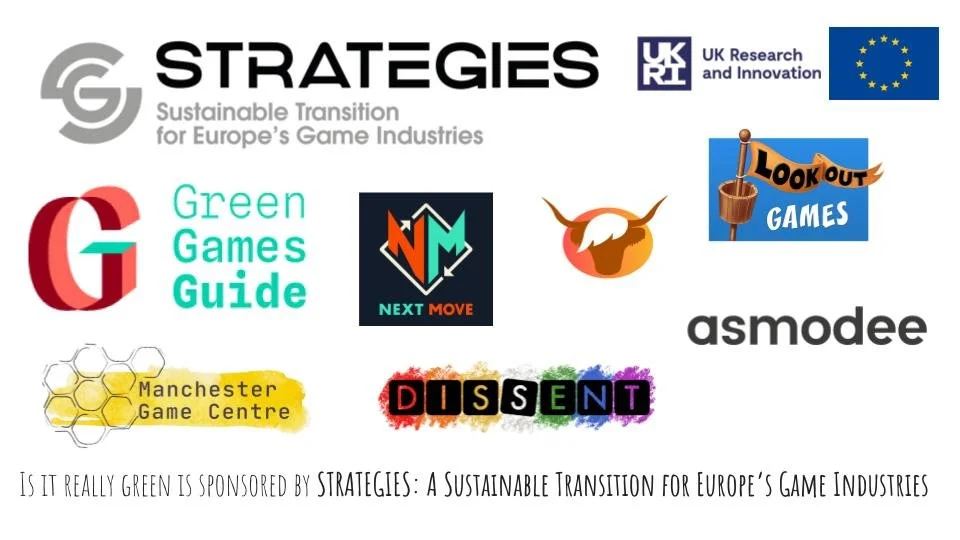



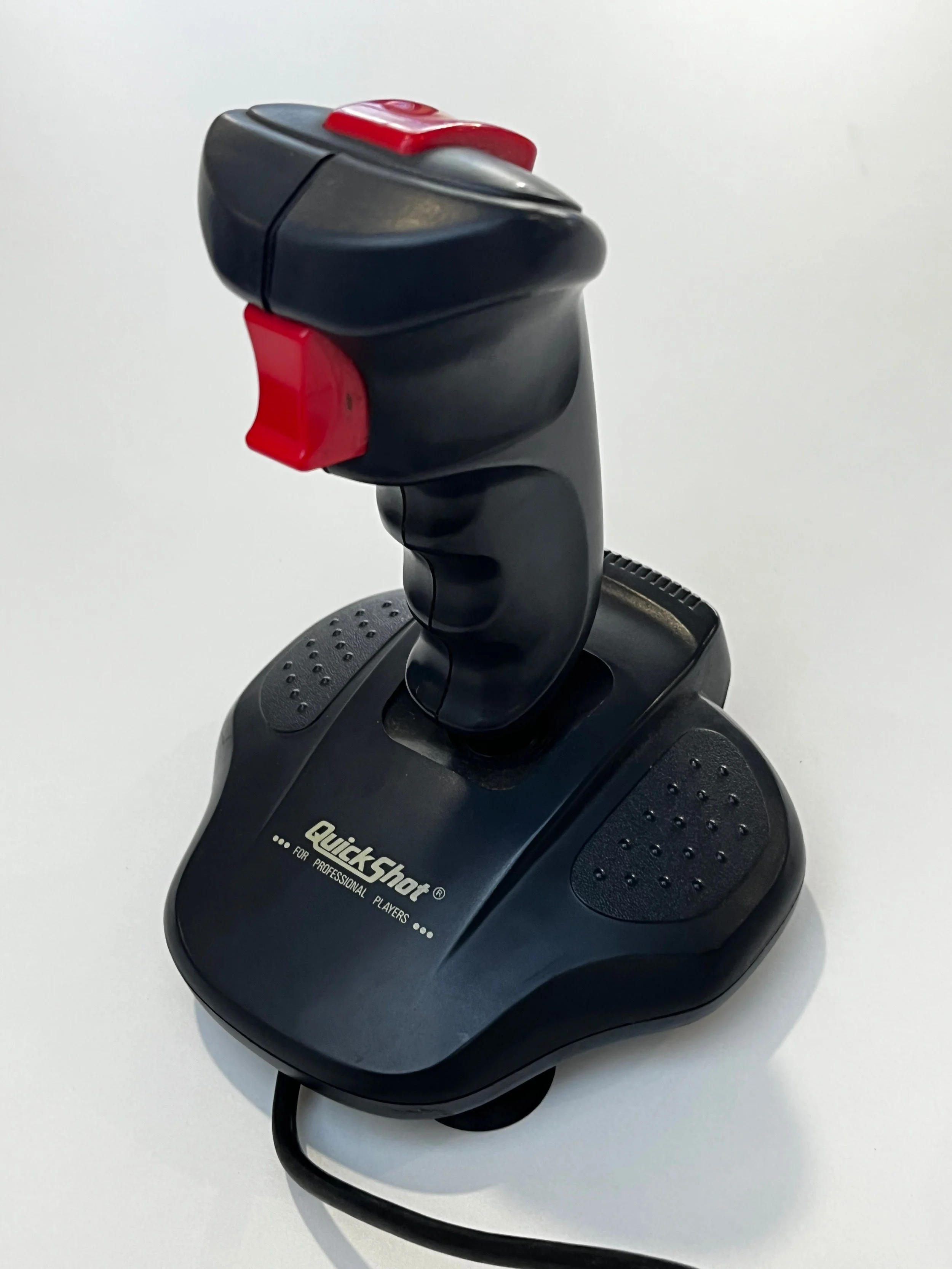






The Sustainable Games Alliance is a non-profit founded by the world’s leading game entrepreneurs and environmental researchers with one goal: to make the games industry the leader in sustainability by setting ambitious and achievable standards for environmental and social responsibility. The STRATEGIES project and the Sustainable Games Alliance have been working in partnership on their shared goals. Recently, Chloé Germaine, who is leading the work package on developing carbon literacy interventions for game devs, presented research to the growing network of academics and research institutions across the globe who are supporting the SGA and its aims. Watch the video here…